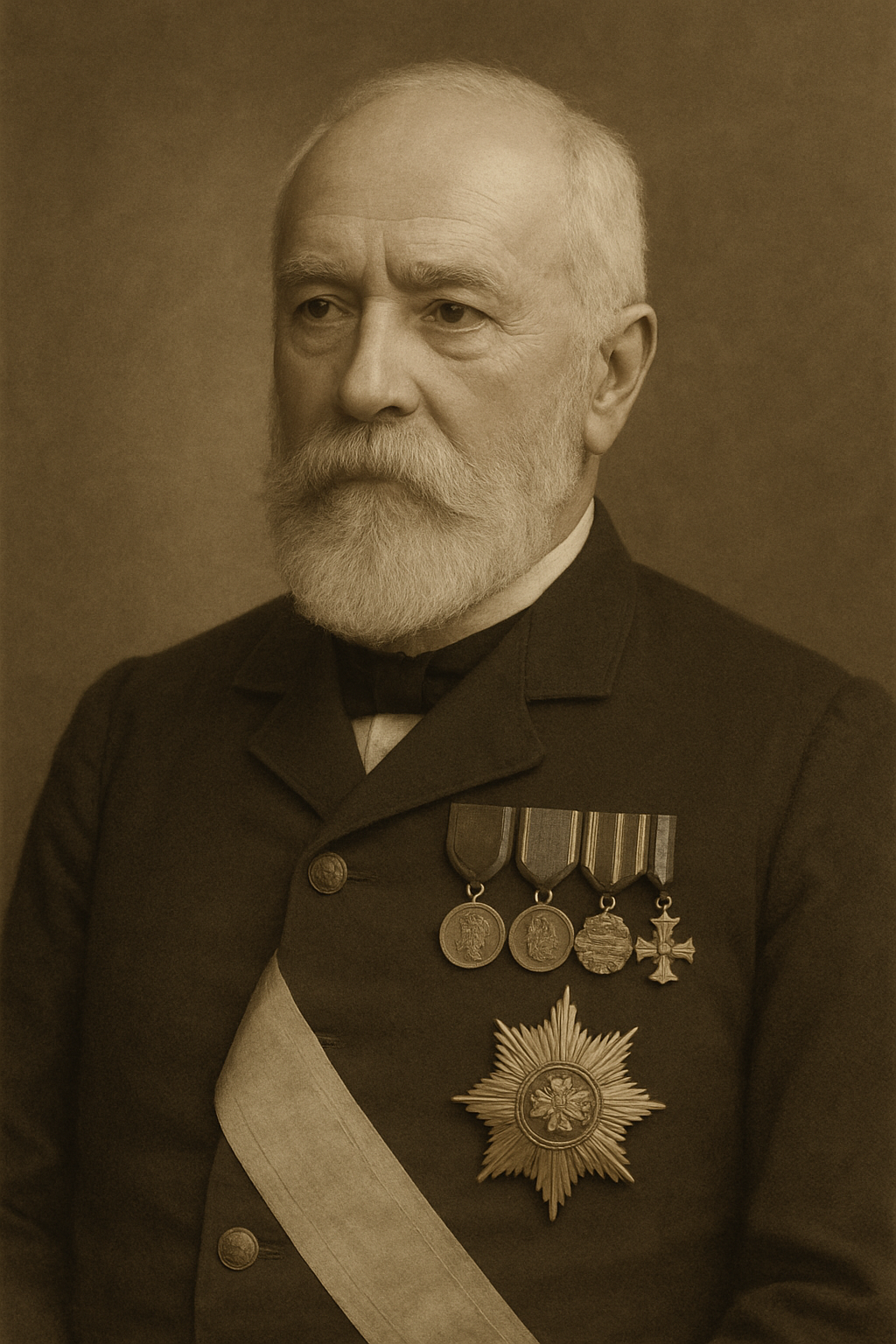Leopold III
Leopold was the eldest son of Archduke Maximilian of Austria and nephew to Emperor Franz Joseph of Austria-Hungary. With the death of Crown Prince Rudolph, Maximilian became heir to the throne, followed by Leopold. Upon the death of his uncle, he ascended to the throne as Emperor.
Having narrowly survived an assassination attempt in Sarajevo in 1915, being thwarted by the recommended increase in security, Leopold pleaded against military action against Serbia. Austria-Hungary submitted an ultimatum to Serbia, who accepted all except allowing full jurisdiction to Austrian police inside Serbia. The matter went to international conference, where jurisdiction was granted to Austrian allie Ukraine under Nicholas I. The investigation led to the arrests and resignation of many Serbian officials, but exonerated the Serbian government as a whole.
During the Great War, Leopold became a vocal critic, though attempted to use his position towards what he believed was Austria's best interests. Following the end of the war in 1920, Leopold improved relations with the victorious powers.
Supported by his cousin, Archduke Franz Ferdinand, Leopold worked diligently to federalize the empire, much to the chagrin of the Hungarians. Under royal decree, Leopold reformed the Austrian-Hungarian Empire into the Habsburg Confederation. The Confederation was formed out of 15 distinct territories along ethnic lines, each with a parliament, under the rule of the Emperor of the Confederation. This is done by removing land and power from the Hungarian portion of the Empire to be given to minority ethnicities, angering the Hungarians. The tensions escalated to the Austrian Civil War. The war ended in a defeat of the Hungarians, with support from Germany.
Though he did his best to keep the Confederation together, the increased autonomy of the ethnic regions emboldened the nationalism of the minorities. In 1929, the various regions declared independence from the Confederation. Leopold attempted to quell the tensions, but died from a stroke in 1930 with the Confederation dissolving. He was succeeded by his son, Franz Karl.
Social
Reign
Family Ties




Comments